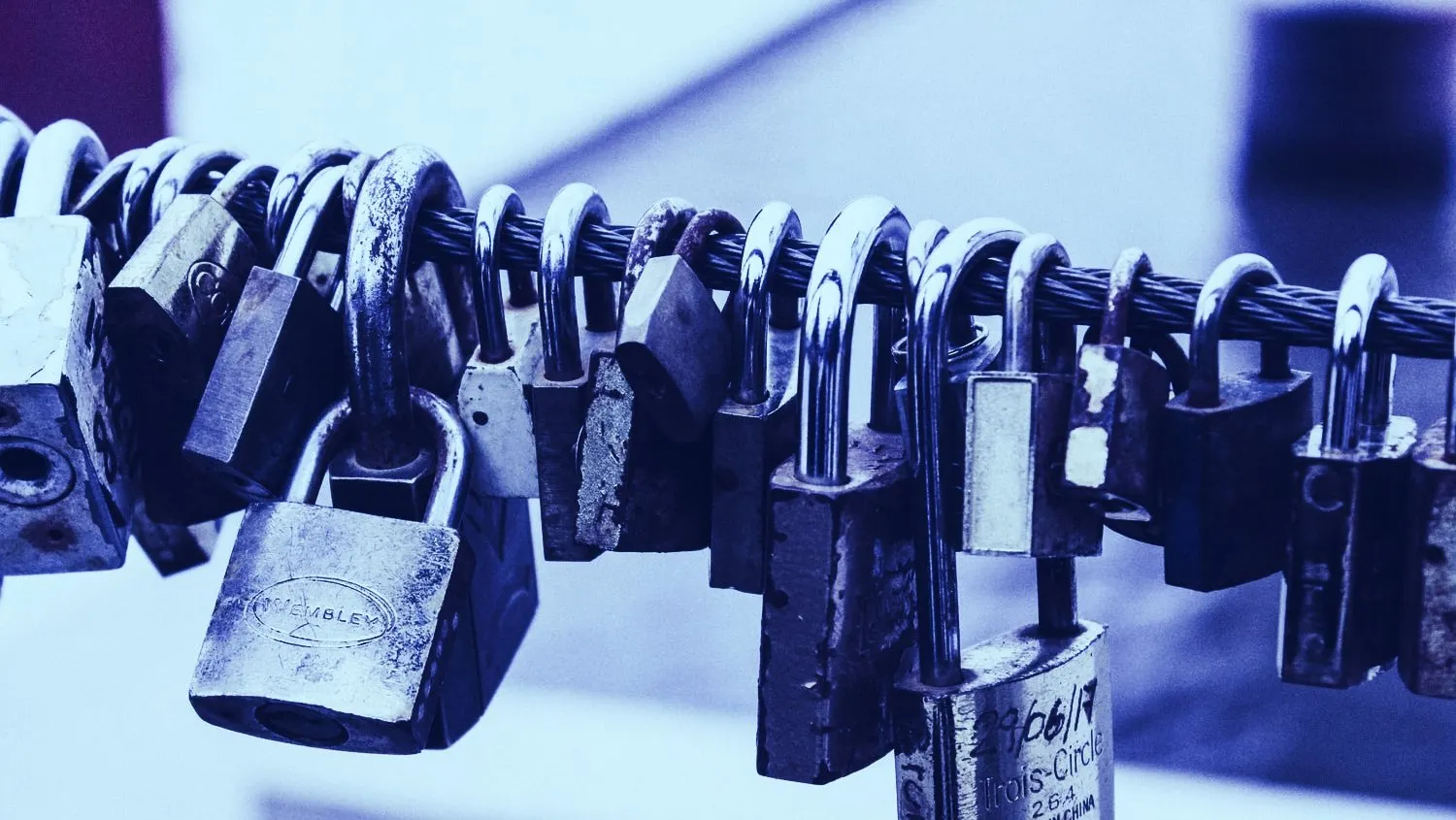The IOTA cryptocurrency rose nearly 10 percent yesterday, following the news that the Internet of Things (IoT) protocol will be teaming up with computing giant Dell and the open-source focused Linux Foundation on a new project to improve the trustworthiness of data.
The new project, called Alvarium (Latin for “beehive”), is aimed at creating intrinsic trust across exceedingly diverse systems. By using blockchain technology (specifically, a distributed acrylic graph) and a data rating system—known as Data Confidence Fabrics—the project aims to provide a way of ensuring that certain data, once generated from a variety of sources, is known to be accurate.
“Project Alvarium will completely redefine the way we view data and transparency, as well as improve the way every single industry handles privacy,” said Jason Shepherd, Edge and IoT CTO at Dell Technologies, in a blog post.
Earlier this month, IOTA and the Linux Foundation announced that they were partnering as part of the “edge computing” project to create open-source standards for a ready-to-use technology stack. So far, this is the first project to come out under this banner.
“Data Confidence Fabrics address three inherent and often conflicting challenges within the massive debate over data—how to keep control in the hands of the owner, how to allow for its public use and which data to trust,” said Dominik Schiener, co-founder, IOTA Foundation.
As an example, IOTA said that a council could one day use the platform to understand the data from their city—while “ensuring that their residents’ privacy is maintained.” However, IOTA acknowledges that some parts of the system will require trusted third parties. It argues that a trustless system wouldn’t be suitable for such a project.
“Currently, most security models operate with a zero trust basis, but this does not scale. Data must be open, but secure, with rules around its use and access through a common open framework,” Mathew Yarger, head of smart cities at the IOTA Foundation said.
The surge in the cryptocurrency took the price of each MIOTA token from yesterday’s low of $0.27 to a high of just under $0.30. From this high, the token has since fallen back to it current price of $0.28. But with the coin’s price down 95 percent from its peak, it would take a lot more than this to bring it back to life.

